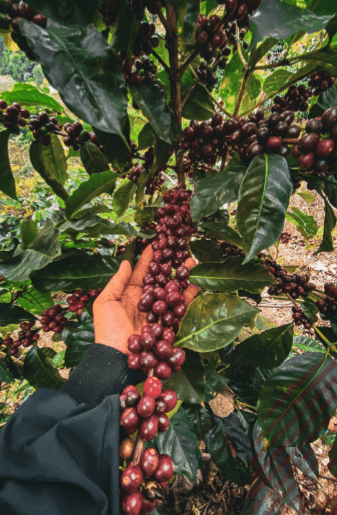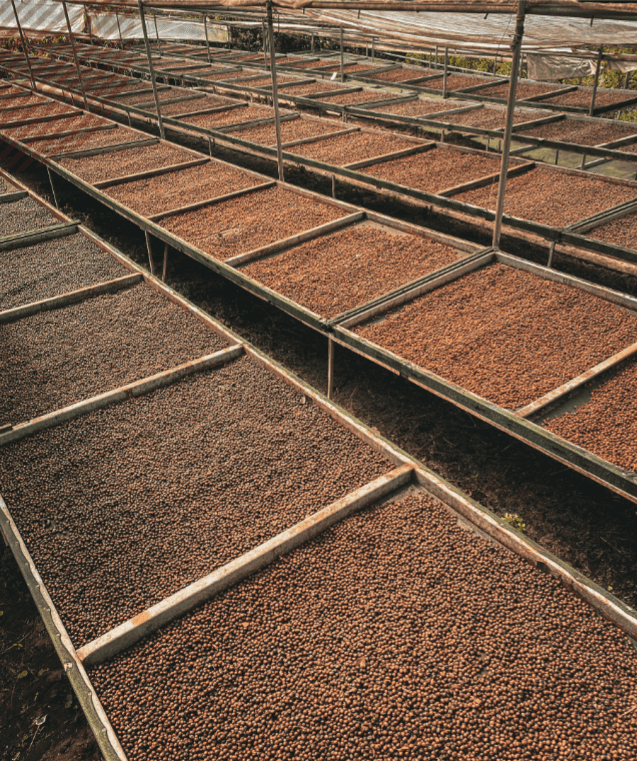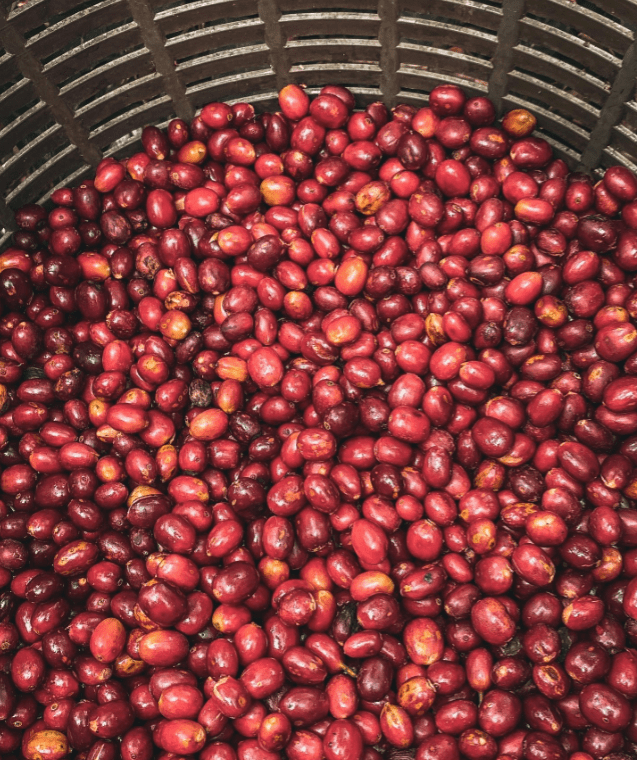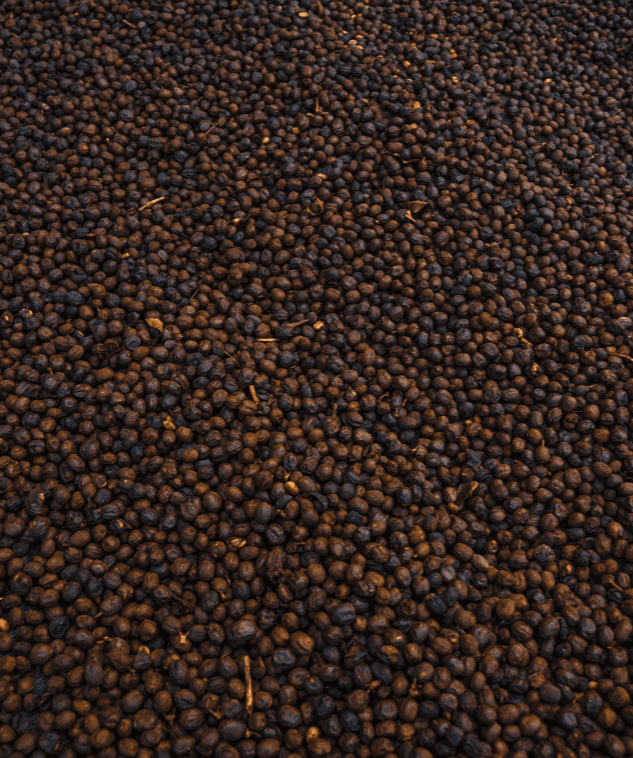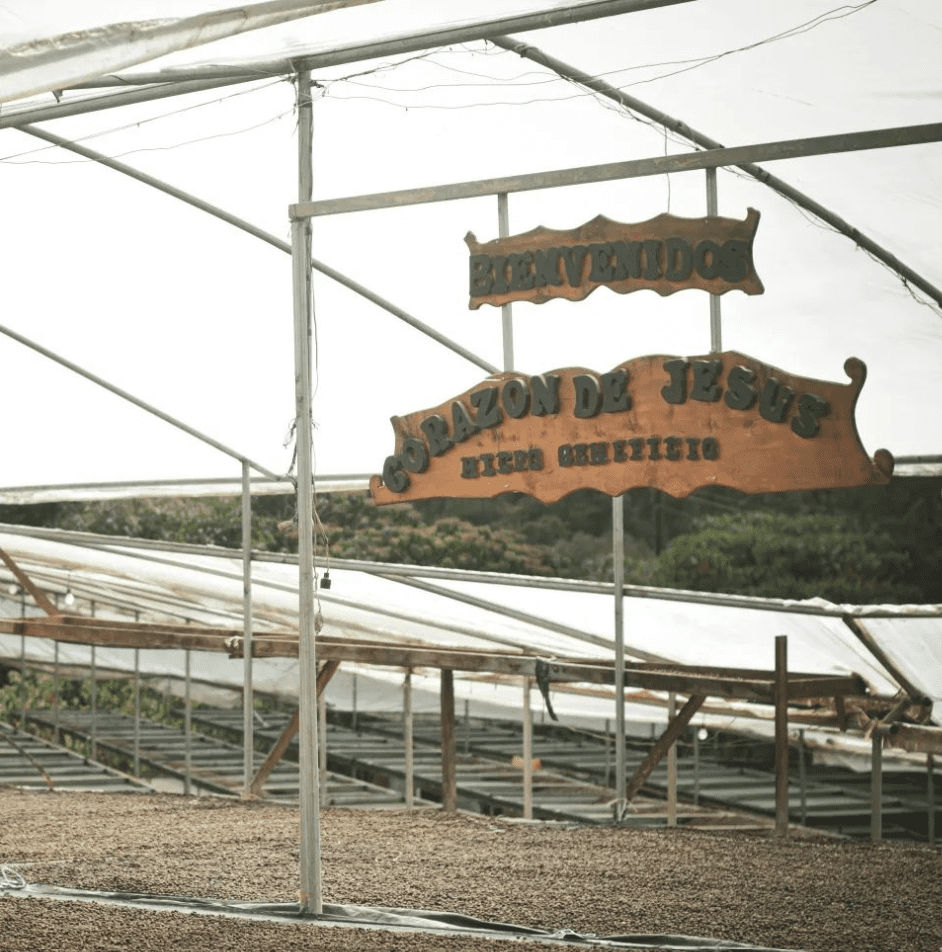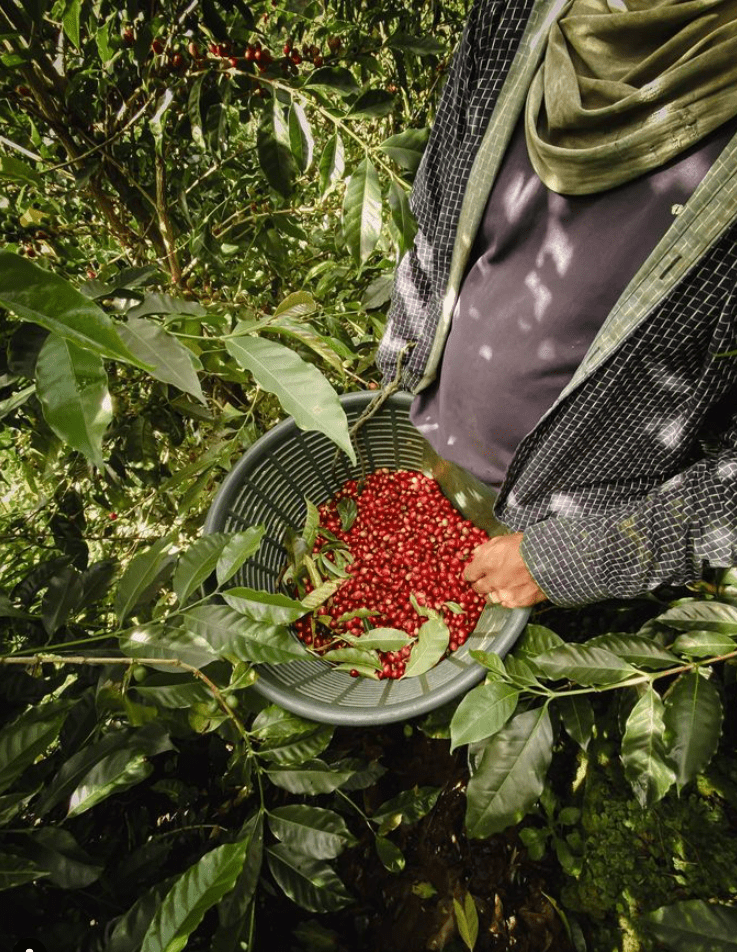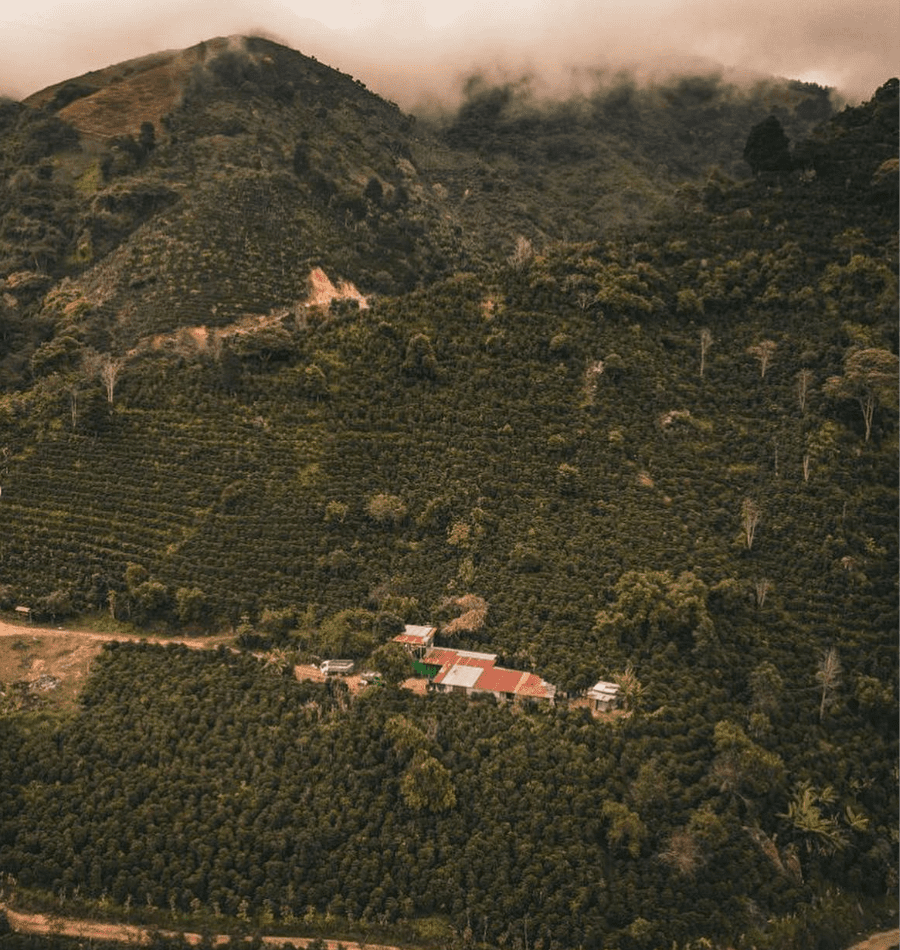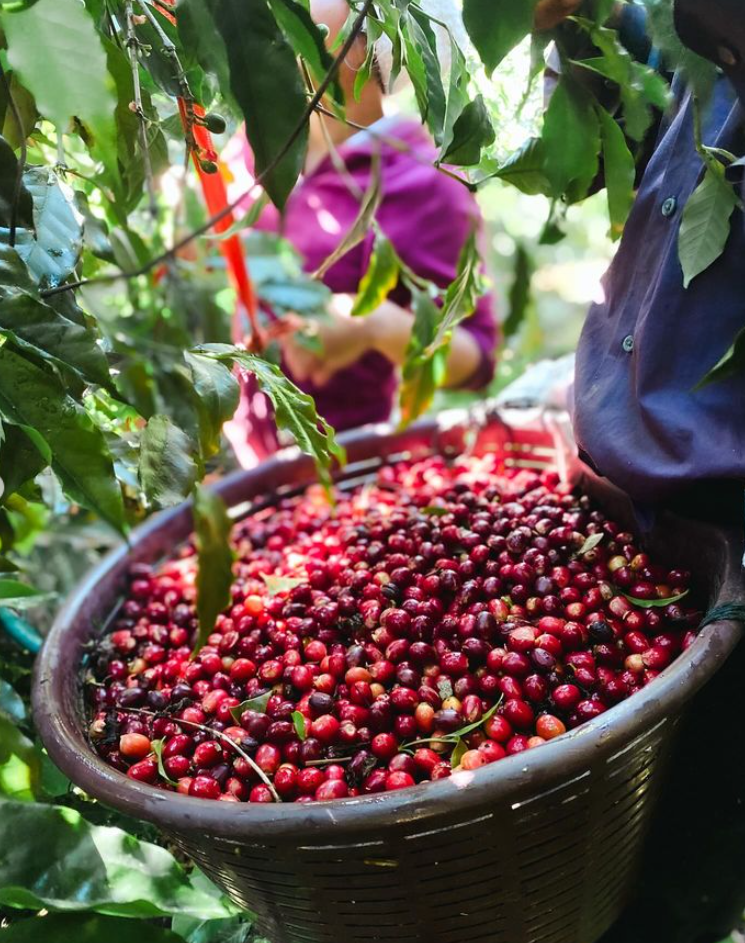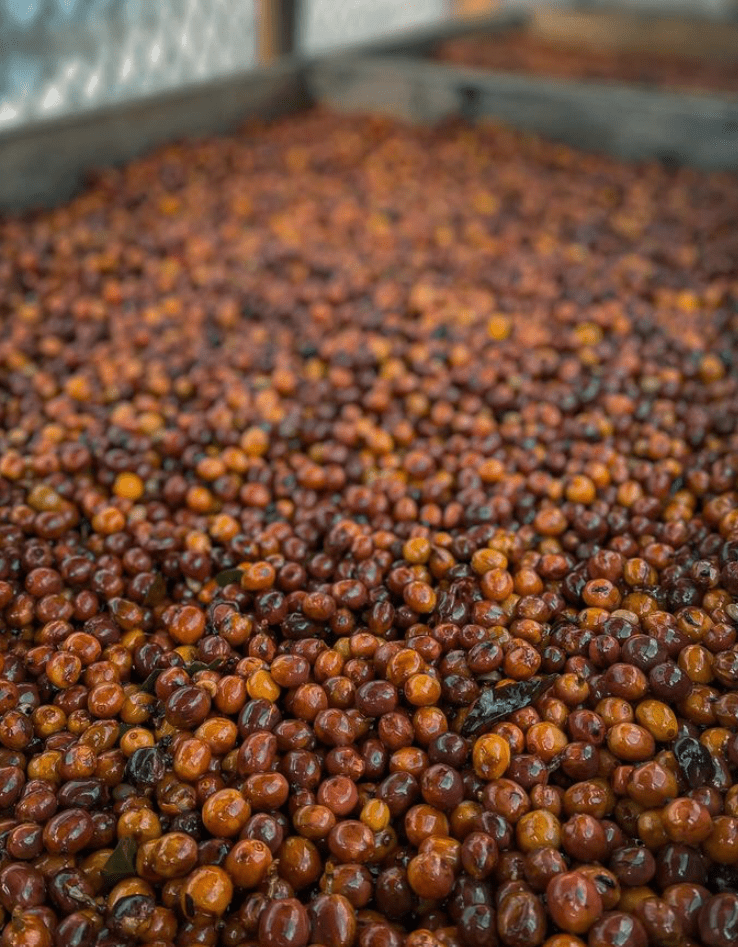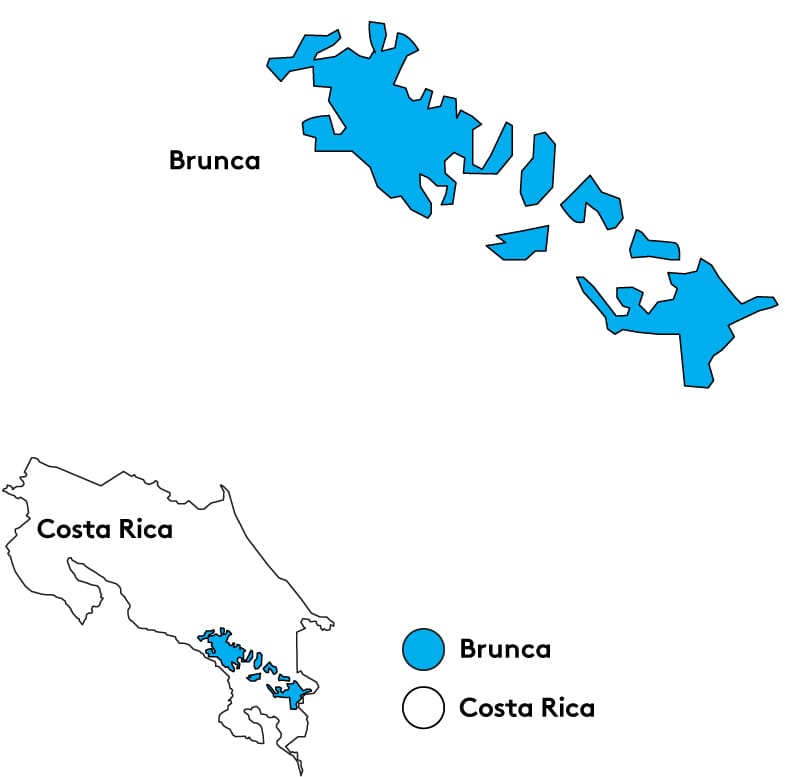Located in Costa Rica’s youngest coffee region, Brunca, El Salitre farm and the Corazón de Jesús Micromill are owned by the Alvarado Fonseca family. The family established their business in November 2015 with a mission to earn recognition nationally and internationally for their quality and innovation while always working in harmony with the environment. Operations at the micromill primarily focuses on processing coffees from the Chirripó microregion.
The Alvarado Fonseca family have established themselves already as producers of high-quality coffees, given numerous awards, reflecting their passion and expertise in the industry: second Place Honeys and Naturals Category: Cup of Excellence 2024, Costa Rica, third Place: Cup of Excellence 2022, Costa Rica, seventeenth Place: Cup of Excellence 2022, Costa Rica, fifth Place: Cup of Excellence 2021, Costa Rica, first Place: National Barista Championship, Costa Rica 2022, third Place: Greek Barista Championship 2022 and first Place: Polish Barista Championship 2023
During the 2021-2022 harvest, they embarked on a new journey that would transform the way they processed their beloved coffee. This journey led to the creation of the Natural Reposado process, a revolutionary method that came to life after months of experimentation and refinement.
It all began with the family’s vision to create something unique, a method that could highlight the individual characteristics of each coffee variety they grew. With this dream in mind, they started a testing period that lasted around four months. Every family member got involved, experimenting with different times and temperatures until they found the perfect formula.
The first step of their new process started with the harvest. Once the ripe cherries were picked, they carefully placed them in bags to begin the initial fermentation. For two days, these bags stayed at a controlled temperature between 18 and 20 degrees Celsius, allowing the cherries to start transforming.
On the third day, the fermented cherries were moved to raised beds for drying. This was a crucial moment because the climate and the dehydration rate of the fruit could vary. For 4 to 7 days, the cherries dried slowly under the sun in a delicate process that didn’t rush the drying. The family knew that slow dehydration was essential to preserve the coffee’s flavors and aromas.
Once the pulp of the cherries was sufficiently dehydrated, the second fermentation phase began. Inspired by the wine fermentation process, the family placed the cherries in bags again, this time letting them ferment for 8 to 10 days at a slightly higher temperature, between 20 and 22 degrees Celsius. This indoor process added a special complexity to the coffee’s flavor profile.
The final step of the Natural Reposado process was the definitive drying. The fermented cherries were spread out on drying patios, where they would remain for another 15 days. This last drying was done slowly and carefully, going through several stages to avoid sudden temperature changes that could damage the delicate beans.
At the end of the process, the result was a coffee with an exceptional flavor profile, full of nuances and complexities that reflected both the region’s terroir and the Alvarado Fonseca family’s dedication and love for their craft. The Natural Reposado process had become not only a hallmark of their coffee but also a story of innovation and tradition that continued to amaze those who had the chance to taste it.
